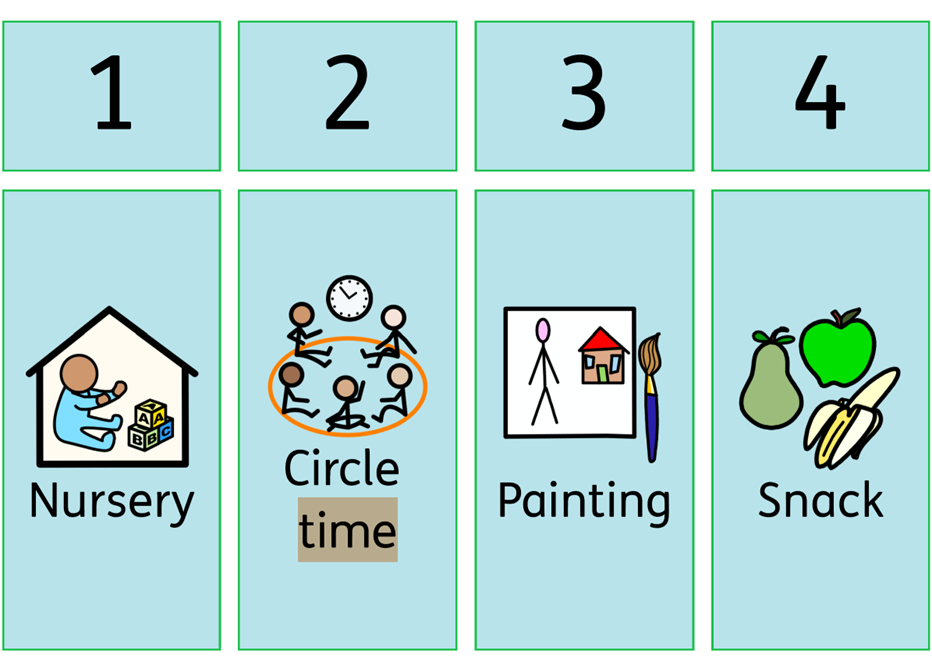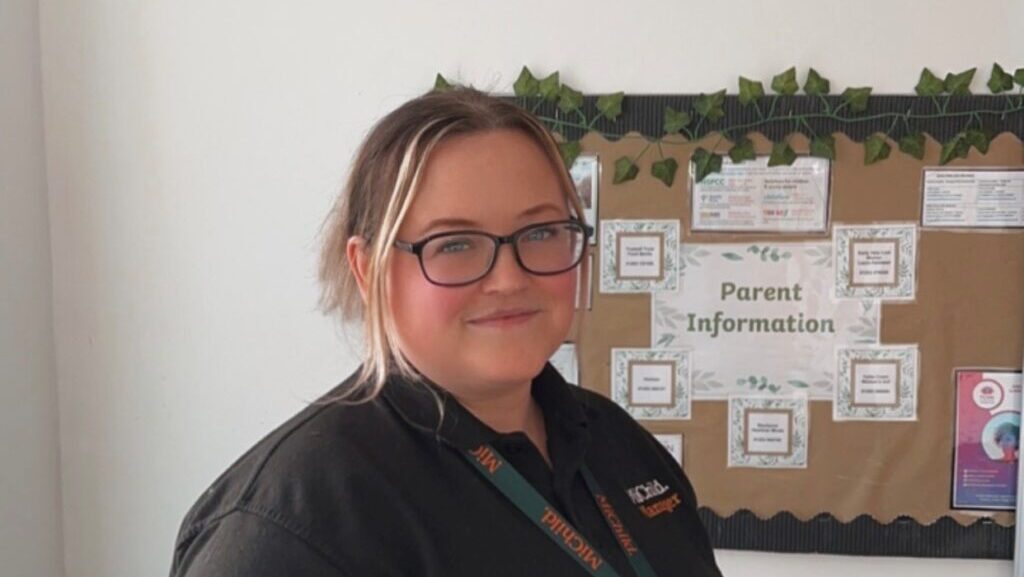In our series showcasing the sector’s nursery managers, we find out about Catherine Jackson, owner and manager at Wise Owls…
SPONSORED CONTENT: How the language of symbols can shape the future for early years children
When was the last time you noticed a symbol, or took the time to decode one? Chances are you won’t remember, or even realise you were using symbols, because they are such a familiar, integral part of our everyday lives.
First and foremost, symbols are about communication. Unlike photographs, diagrams or drawings, which often convey complex information out of context, symbols only include relevant representations of vocabulary and concepts – empowering individuals to understand and be understood in almost any environment. More often than not, this journey begins at some point in the classroom.
The children currently in Early Years Foundation Stage (EYFS) were anywhere between six and 18 months old when the first lockdown was announced in 2020. For those vital months when they were acquiring first language skills, the only people who spoke to them were their immediate family – who were often harried and exhausted by juggling childcare and working from home.
As a result, 96 per cent of schools have expressed significant concerns over the communication and language development of post-Covid Reception cohorts, according to a 2022 study led by Louise Tracey of the University of York. In addition, a 2022 report published by the Coram Family and Childcare charity found that Covid left EYFS children unable to adapt to new situations, socialise and develop self-regulation skills.
Put together, these two findings mean that children unused to dealing with new social situations and lacking the language they need to express their difficulties are finding Early Years education a bewildering, frustrating and anxiety-inducing experience.
Using Widgit Symbols, early years children can be supported both on a practical and emotional level in everyday situations. A visual timetable, for example, uses simple and easily decodable images to show children what is going to happen during the day, and what might be expected of them.

These can include specific activities, such as painting or outdoor play, or constituent parts of one activity, such as washing their hands and fetching their lunchbox. For children who take longer to process information, providing a visual timetable can help reinforce the message they have just heard.
In addition, children with undeveloped language skills can easily feel overwhelmed in a new setting, which can lead to dysregulation. Odessa Stephenson, SENCO and Early Years lead at Monkhouse Primary School in Tyne and Wear, uses Widgit Symbols to create stories that initiate conversations about emotions that children might be experiencing.
“We help children to interpret the emotions of others by using story characters,” she says. “For example, we might ask, ‘How did the Billy Goats Gruff feel when the troll said he would gobble them up?’ So, when it comes to helping children with their own feelings, they are already developing that emotional literacy.”
By introducing symbolised communication from an early age, children can begin to manage their emotions and feel more in control of their daily activities – setting a strong foundation for their future learning and development.
About Widgit
For over 40 years, Widgit has developed innovative symbols and software used in over 10,000 schools, thousands of homes and multiple healthcare settings to support language, communication and learning. Widgit Symbols are increasingly being used to ensure key public services, local attractions and sporting venues are inclusive for children and adults with special needs.
Visit us at Stand C30 at the Nursery Management Show November 29-30 2024
Explore our Early Years Pack and Guide, with symbolised resources designed to support practitioners assisting children in their care across nursery, pre-school and school, and comprehensive insight into the power of symbols when implemented across these settings: https://www.widgit.com/products/widgit-online/extras/Early-Years-Pack.pdf
For more information and getting started with Widgit, visit: www.widgit.com

Latest Managers
First Friends has appointed Kieron Hooper as manager of First Friends, Eastleigh. Hooper qualified as a nursery educator in 2014…
In our series showcasing the sector’s nursery managers, we find out about Claire Mills, manager at MiChild’s Newhouse Nursery in…




